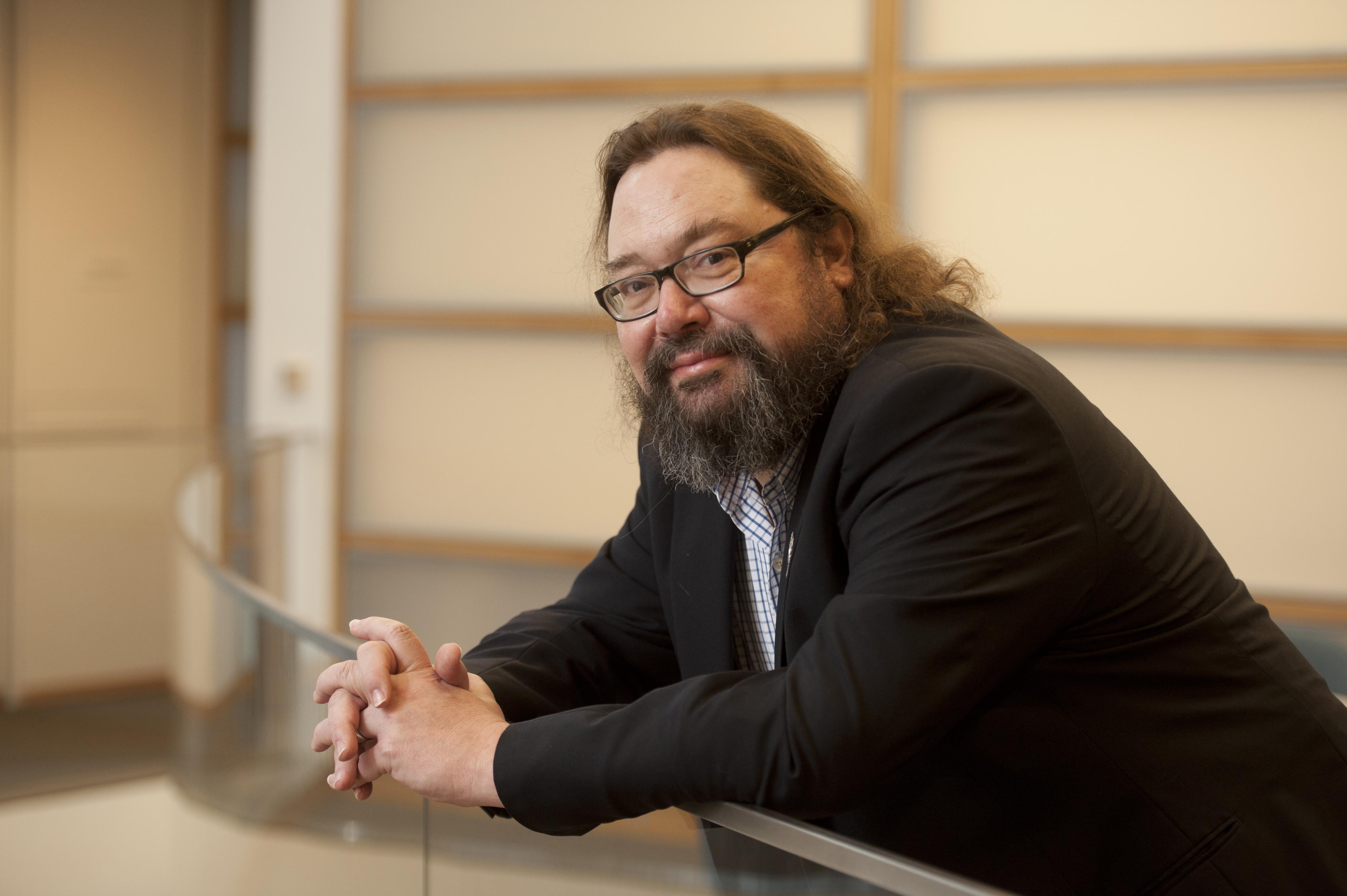Dr. Theodore Bestor, Harvard University
October 4, 2015
How has washoku (traditional Japanese cuisine) become such a popular part of the global scene? What does its global popularity mean for washoku in Japan? Dr. Bestor will examine several dimensions of the ways in which washoku has been promoted at the elite level, via UNESCO recognition in 2013 as an aspect of Global Intangible Cultural Heritage, as well as aspects of washoku as part of daily life.
Theodore Bestor is as a specialist on contemporary Japanese society and culture, focusing much of his research on Tokyo. At Harvard he is the Director of the Reischauer Institute of Japanese Studies. He is currently in Japan as a Fulbright senior scholar, carrying out research about washoku and its recognition by UNESCO. Professor Bestor is the co-editor of Doing Fieldwork in Japan (Hawai’i, 2003, with Victoria Bestor and Patricia Steinhoff) and the Routledge of Handbook of Japanese Culture and Society (Routledge, 2011, with Victoria Lyon and Akiko Yamagata). Professor Bestor’s book, Tsukiji: The Fish Market at the Center of the World (California, 2004), is based on at the world’s largest marketplace for seafood and the center of Japan’s sushi trade. The book is ethnography of market life, and examines Tsukiji both historically and contemporarily as a case study in the interaction between cultural patterns and institutional structures that frame complex economic organization. He is working on a book tentatively entitled Global Sushi that will look at globalization via culinary fashions and the international food trade.
Supported by Sandia National Labs and Haverland Carter Lifestyle Group

